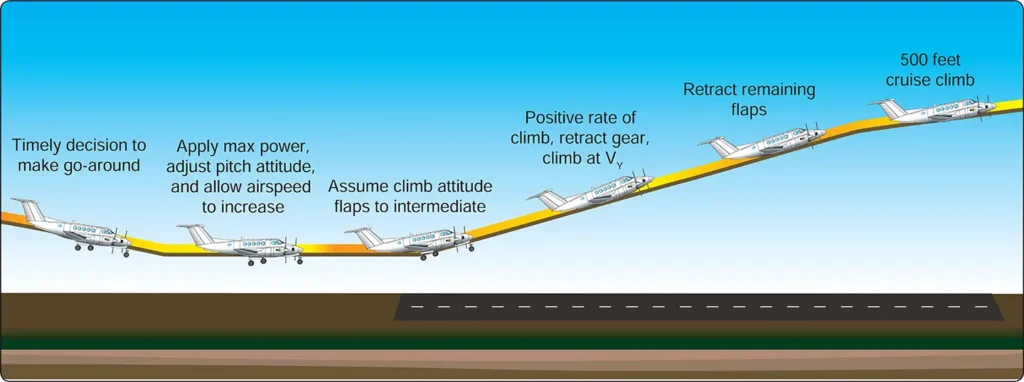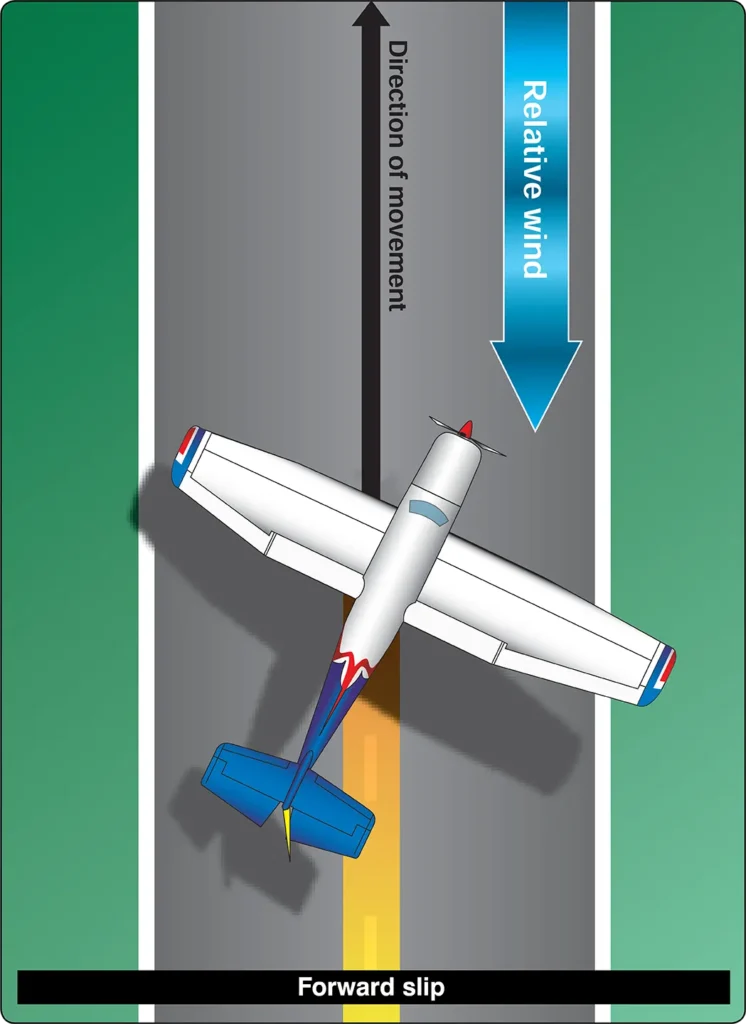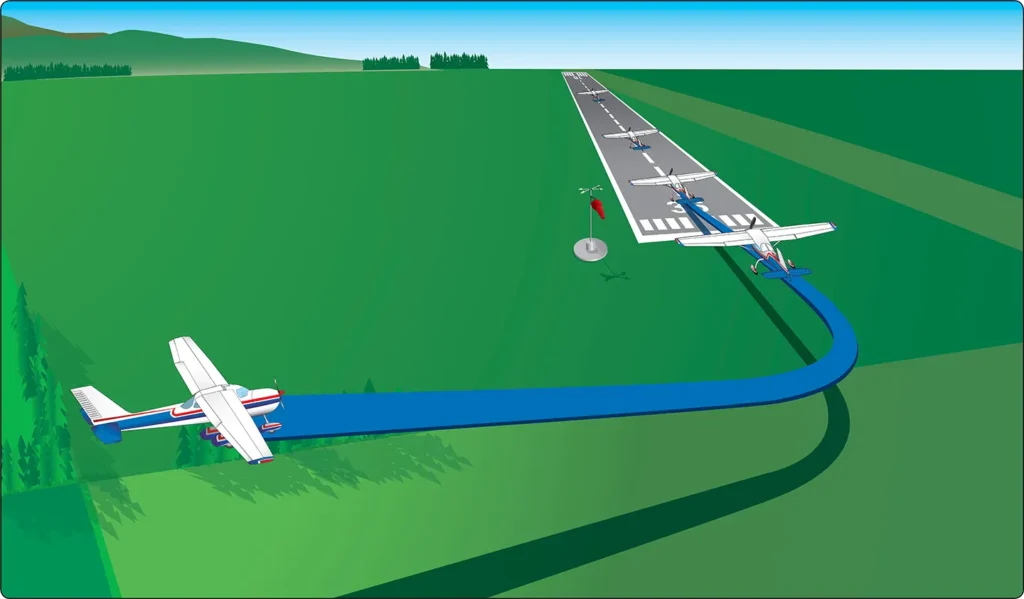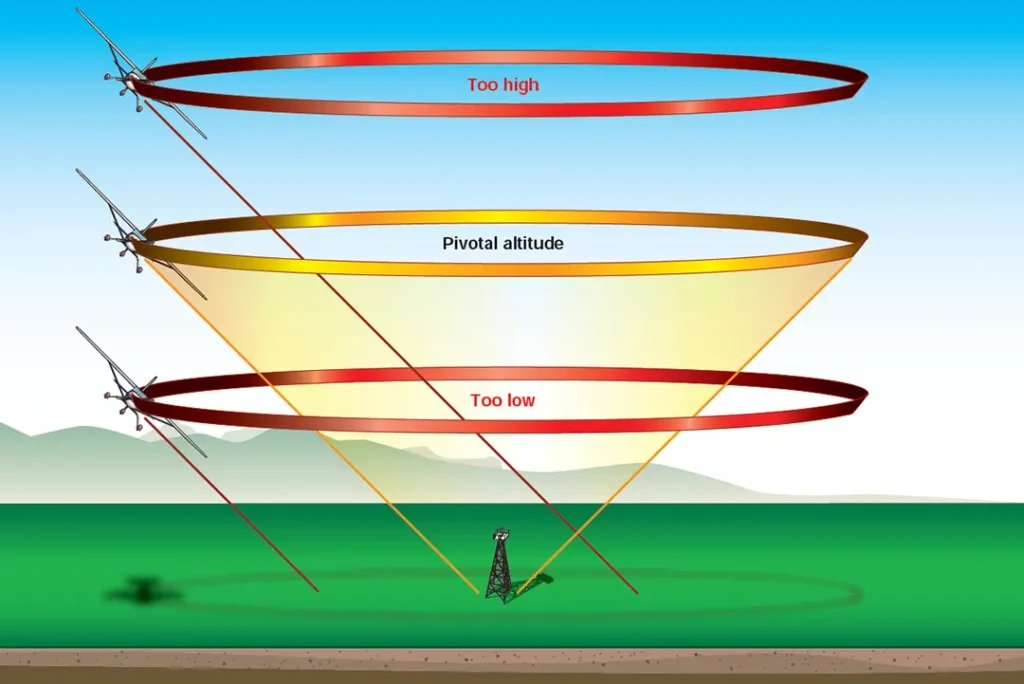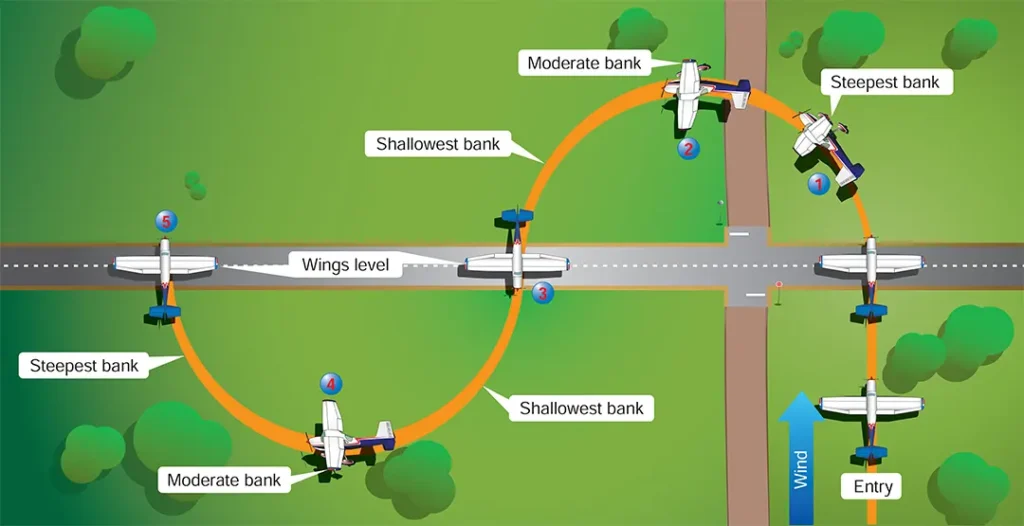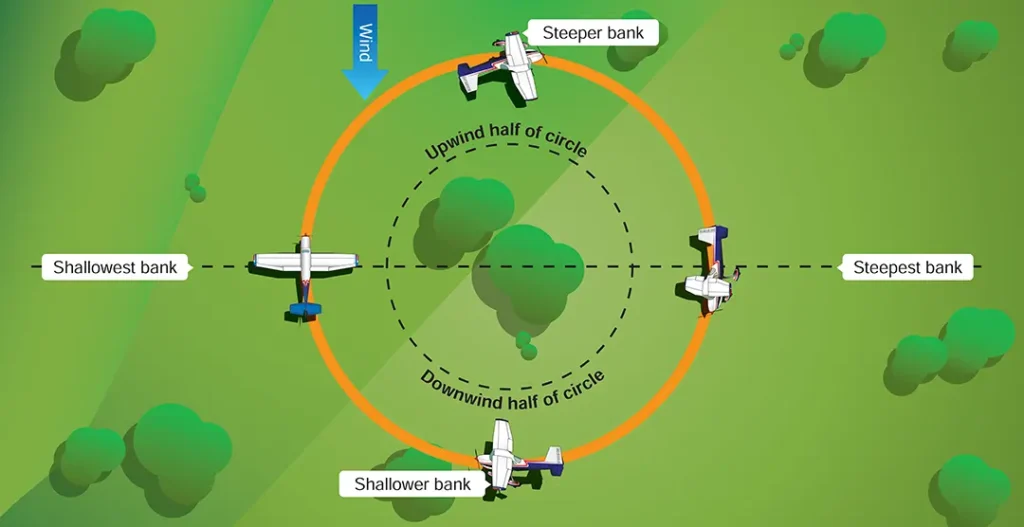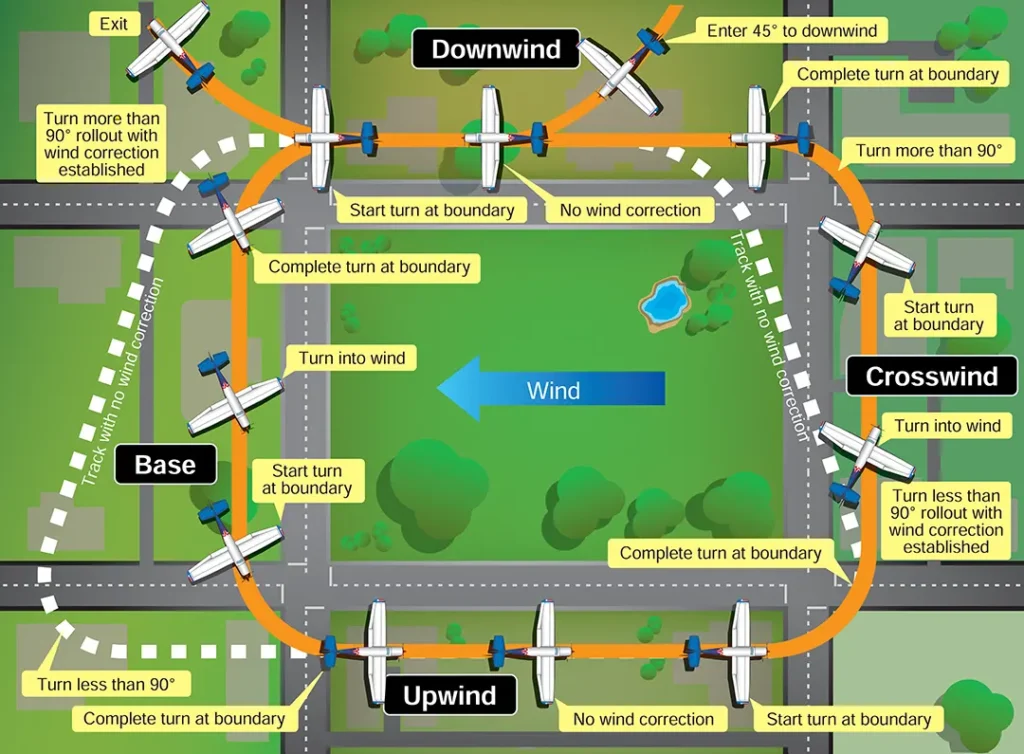Turbulent Air Approach and Landing
Airplane Flying, Flying TrainingFor landing in turbulent conditions, the pilot should use a power-on approach at an airspeed slightly above the normal approach speed. This provides for more positive control of the airplane when strong horizontal wind gusts, or up and down drafts, are experienced. Like other power-on approaches, a coordinated combination of both pitch and power adjustments […]

